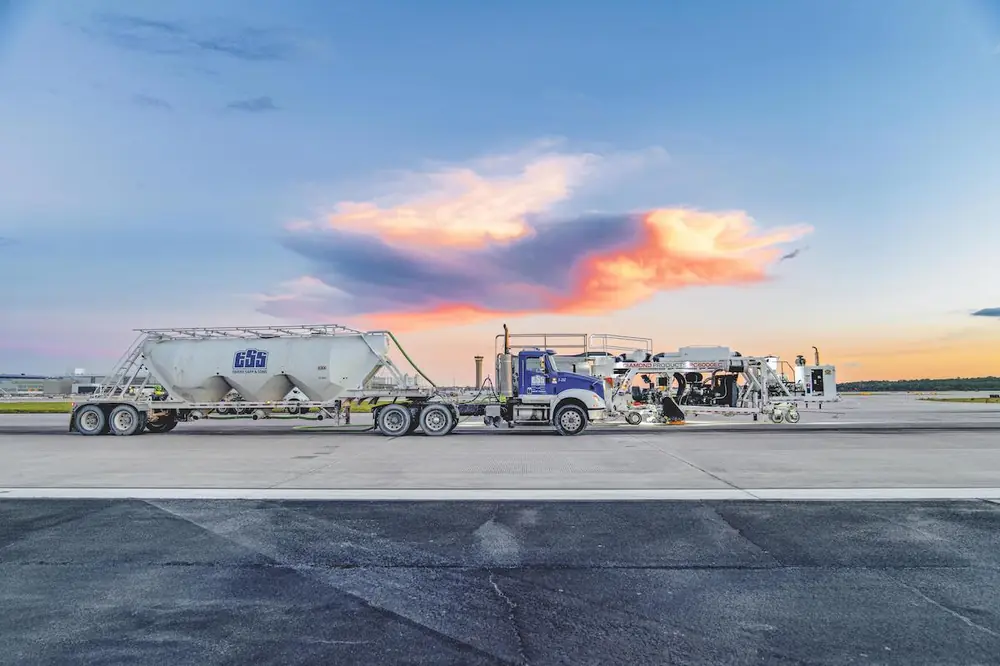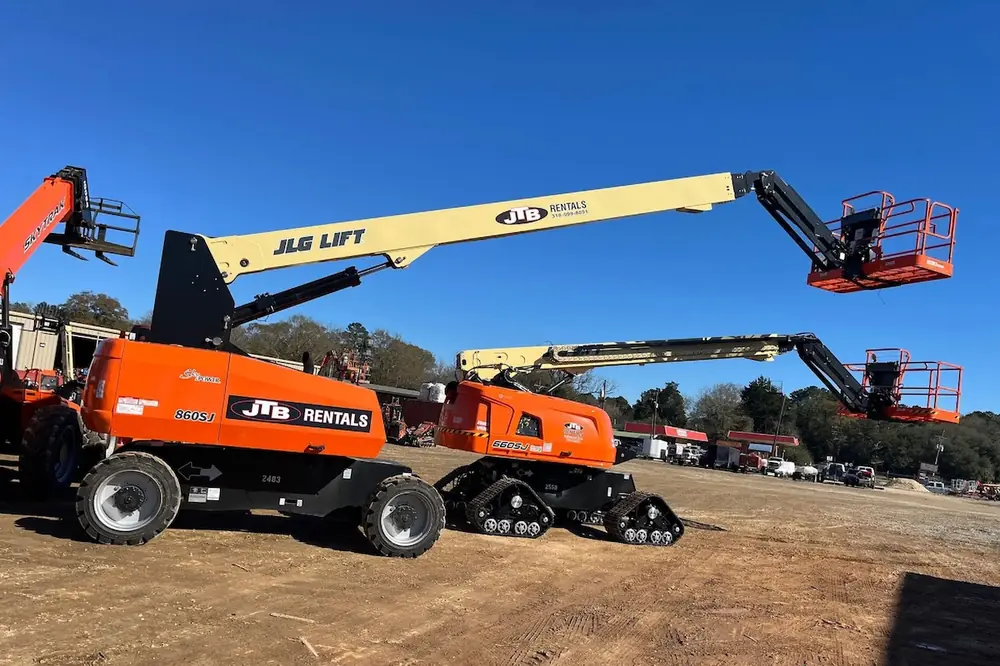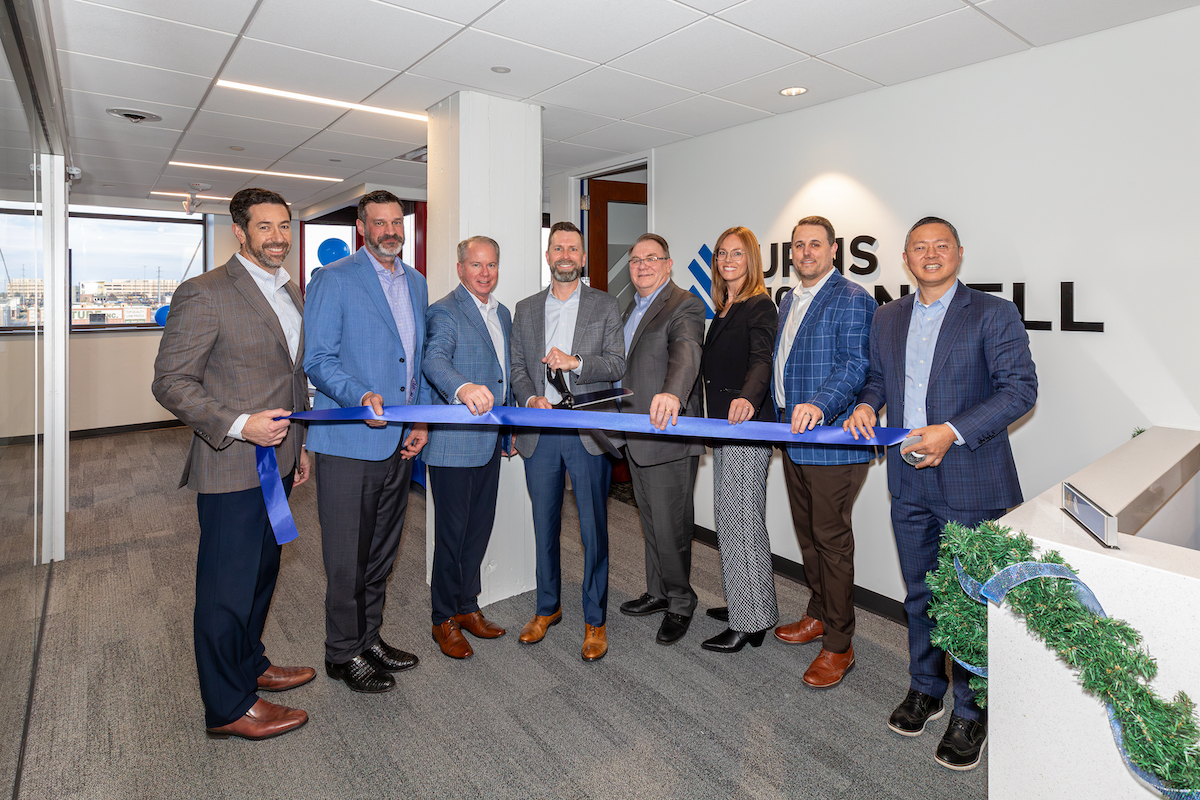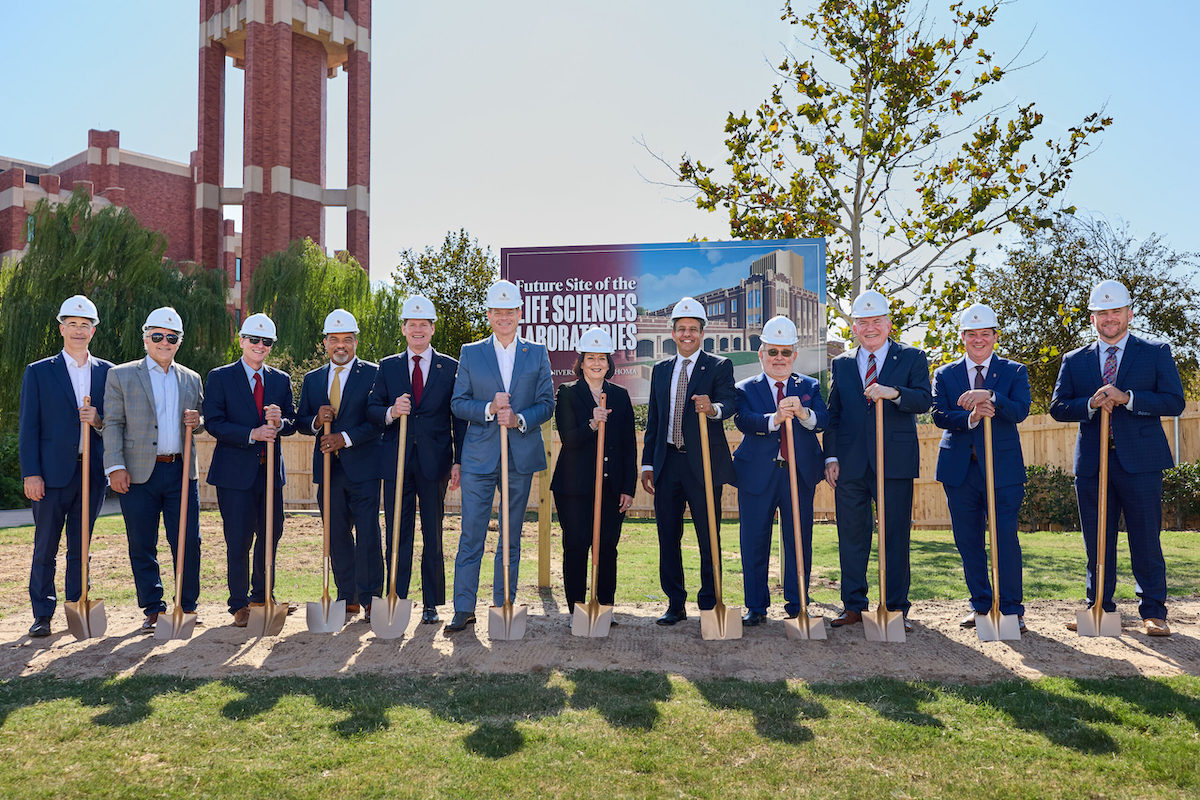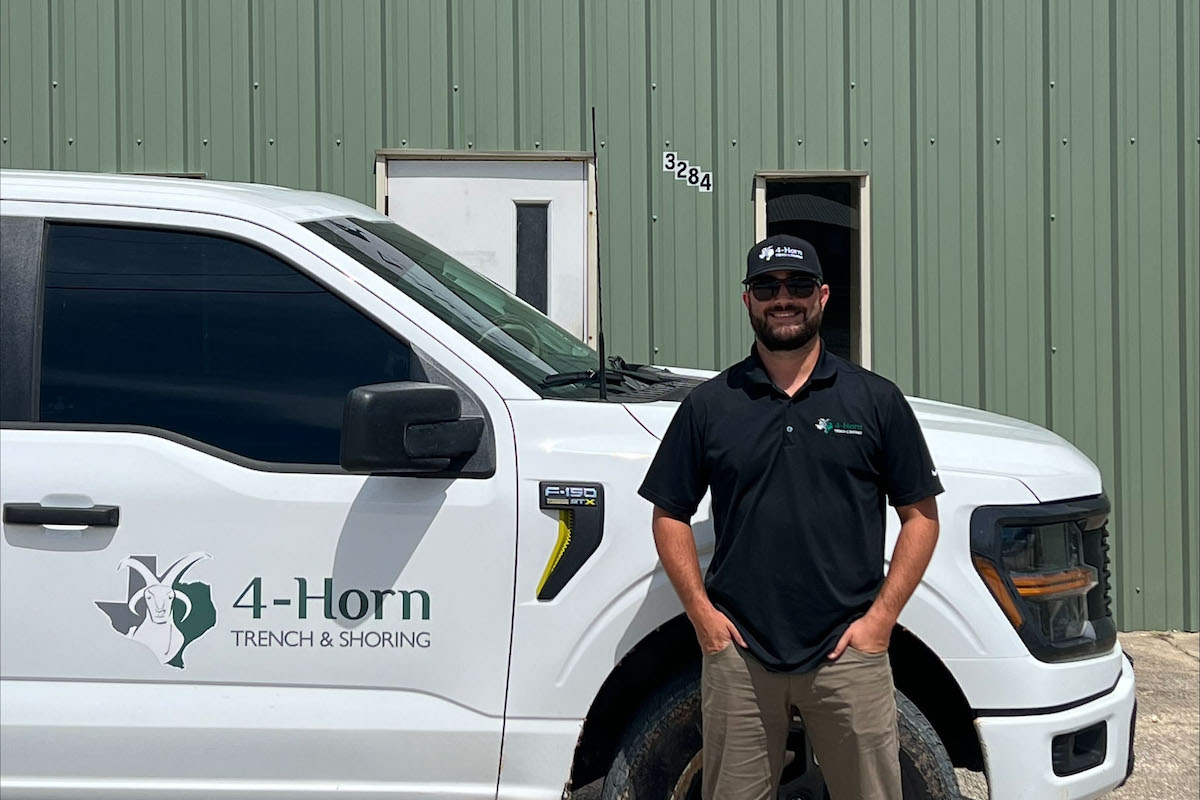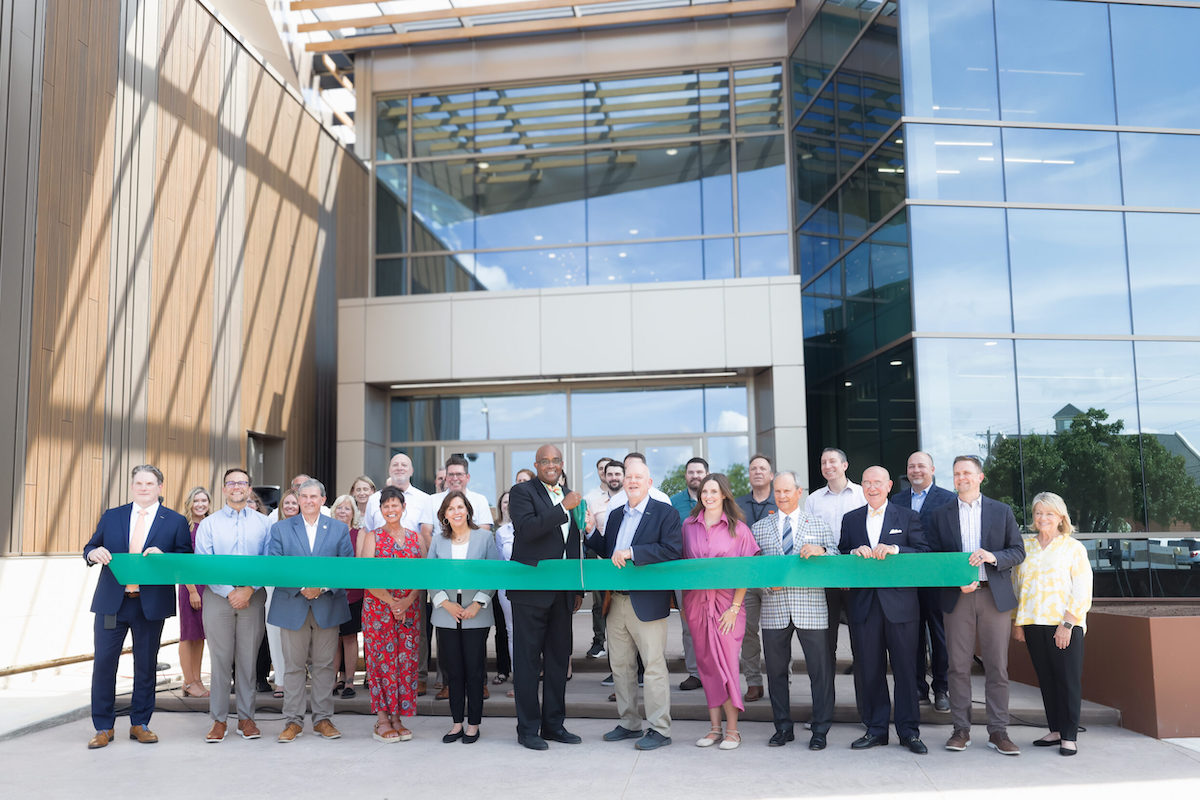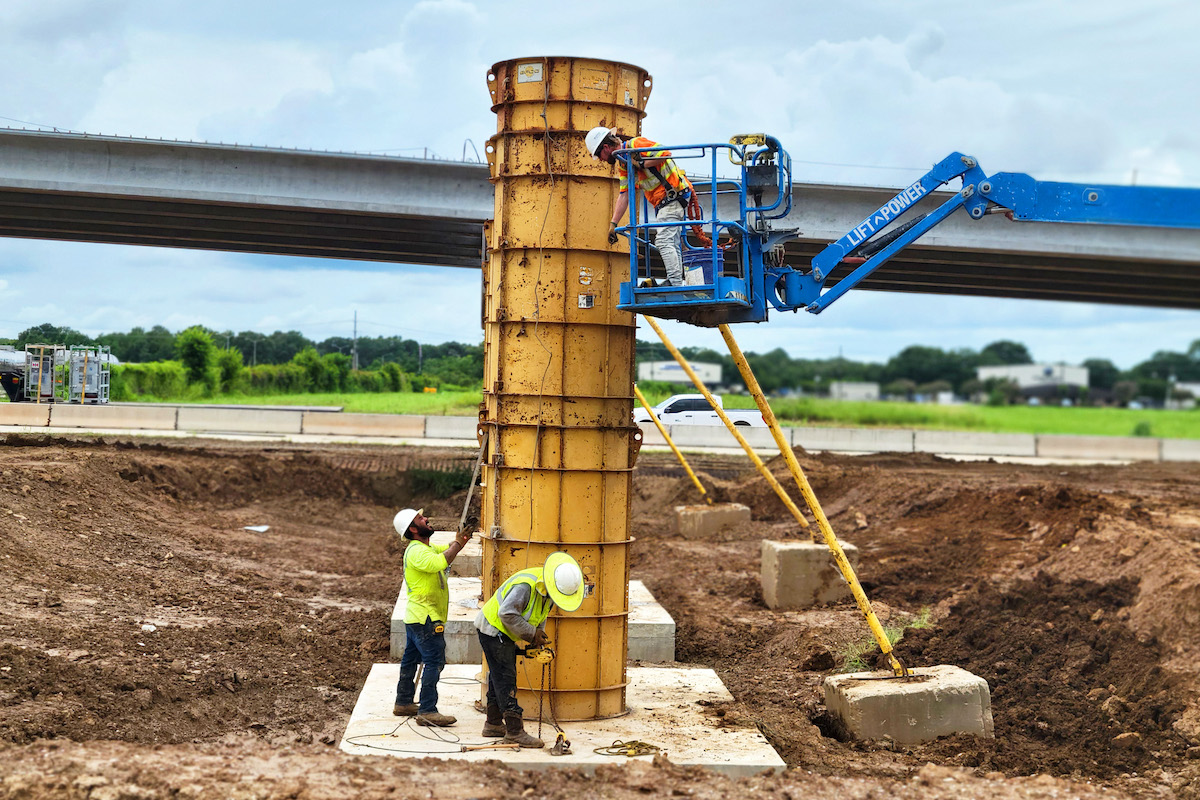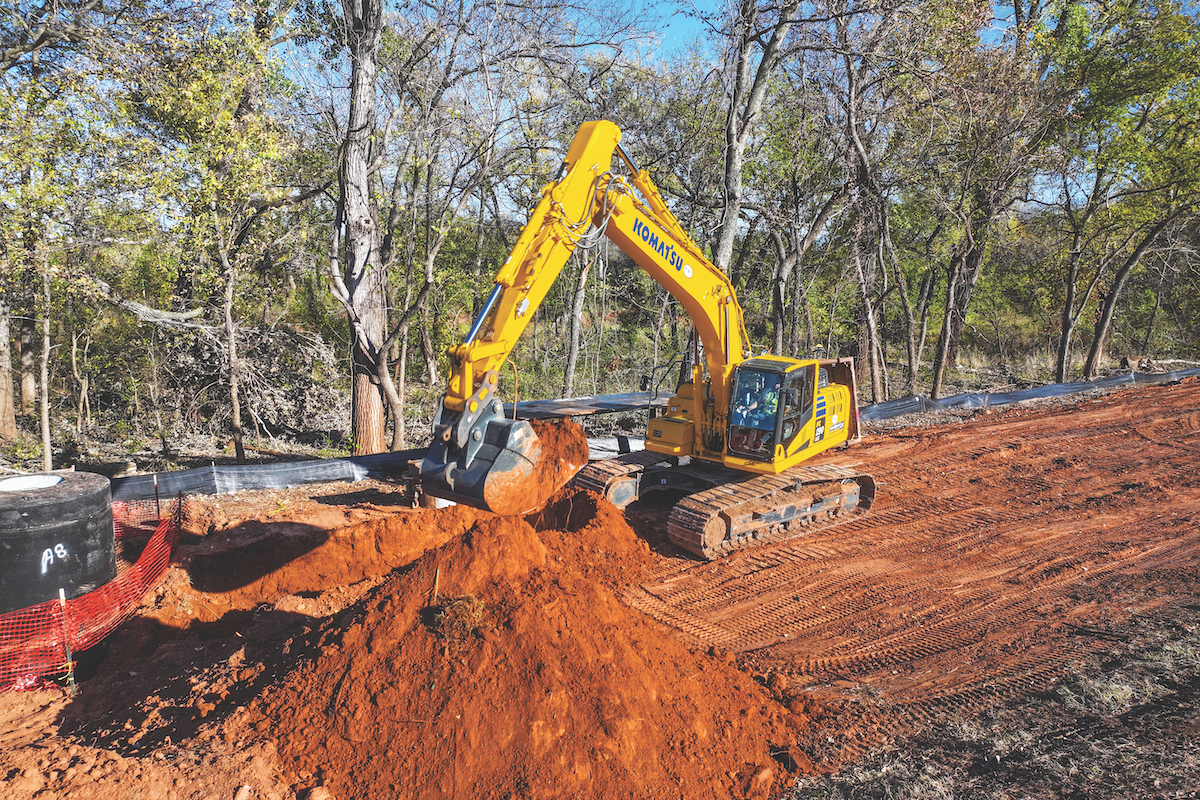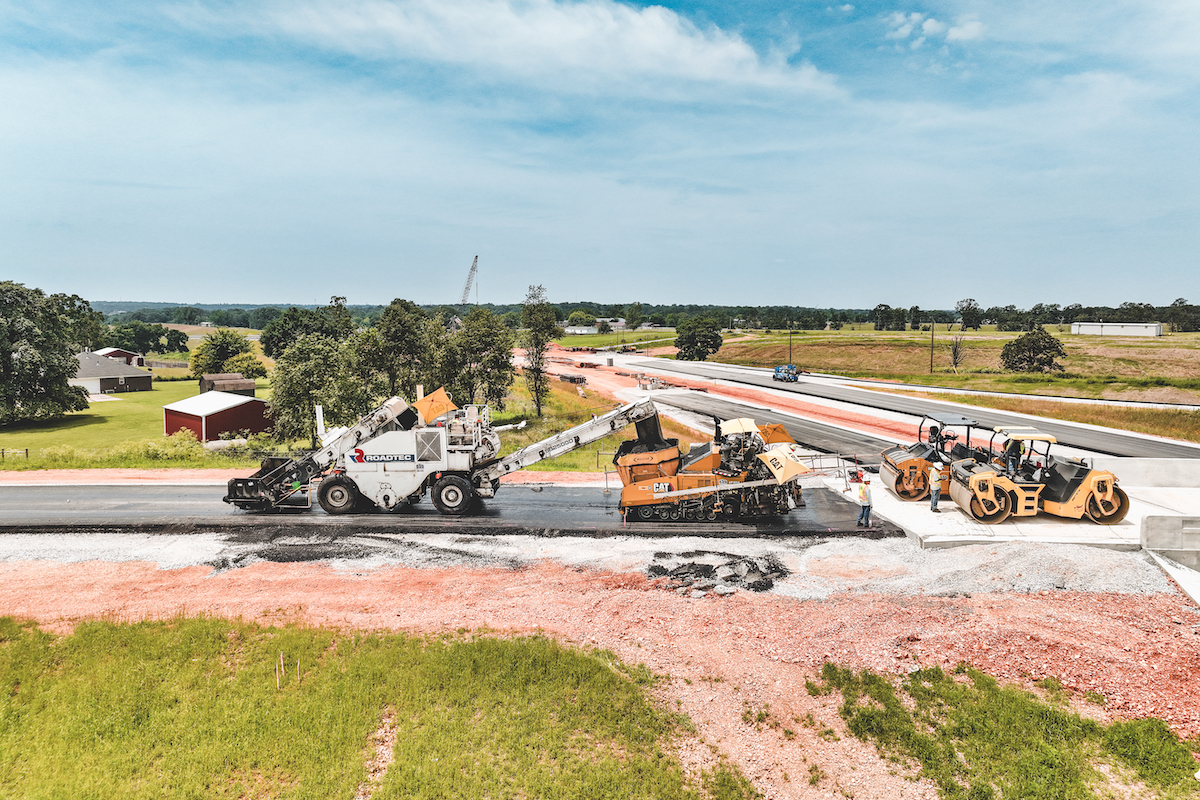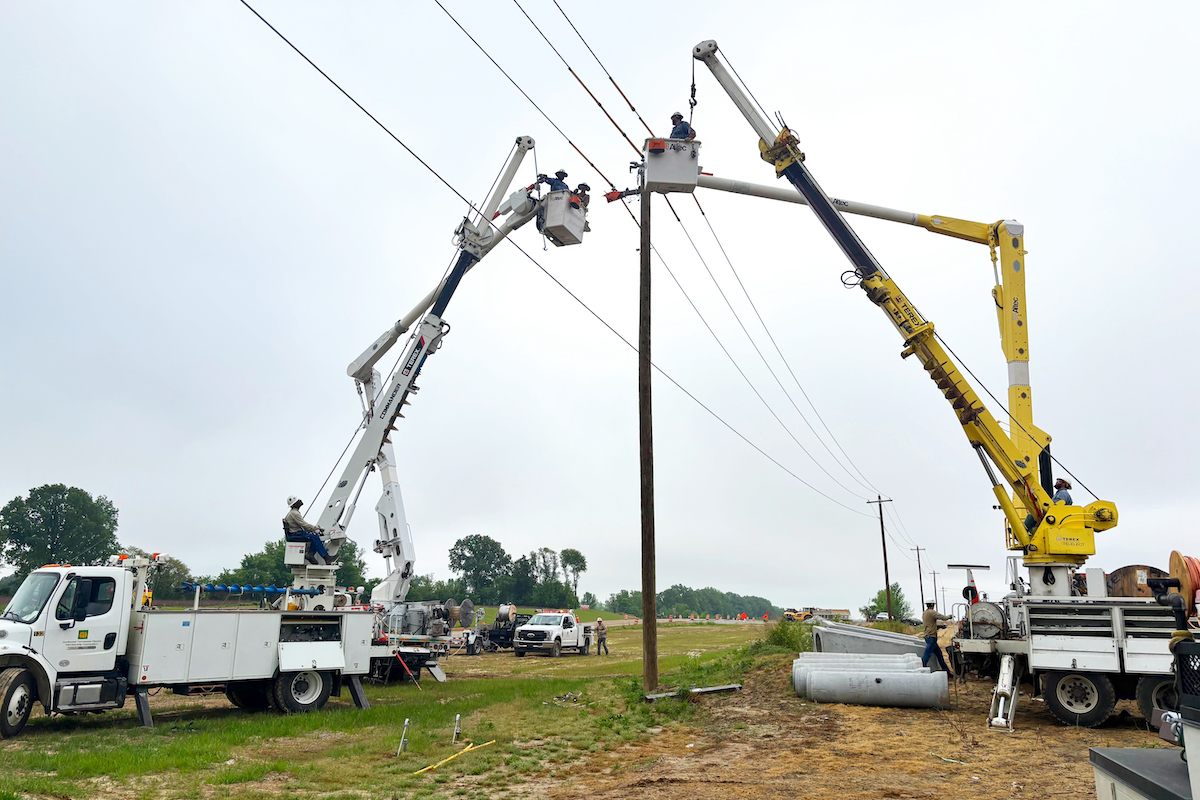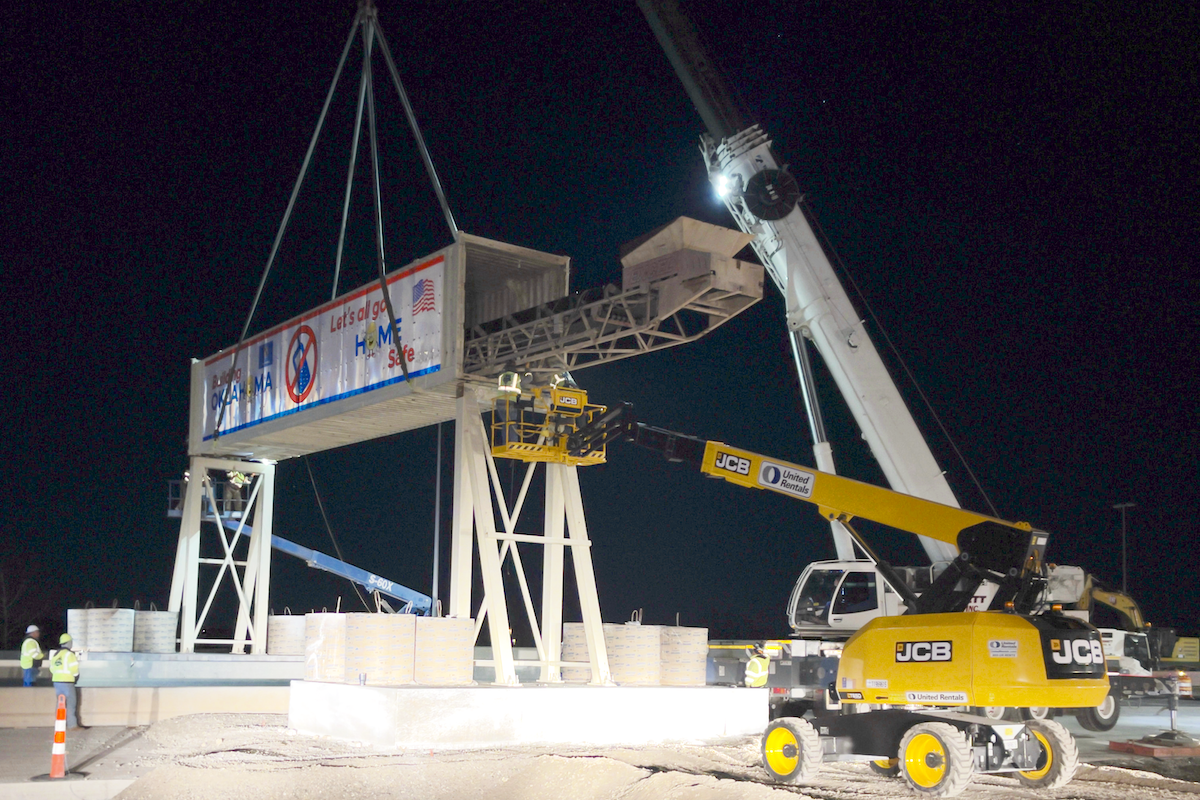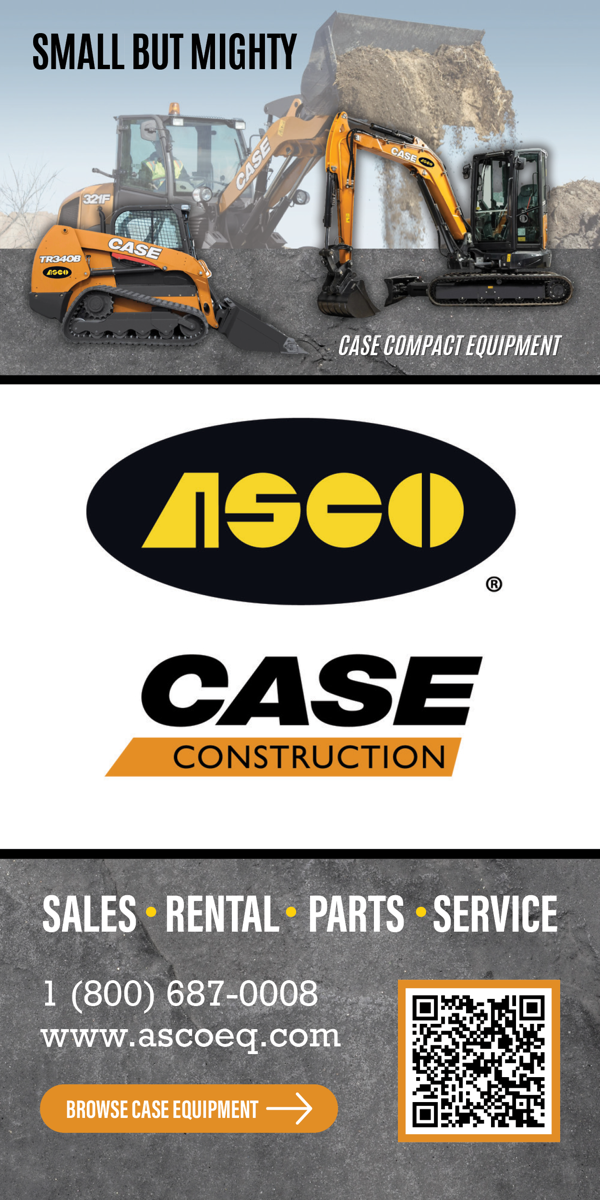Green building regulations and standards vary across states, but the commitment to sustainable change is universal. From design to construction to demolition, nearly every aspect of the industry is under scrutiny, including one of the industry’s most consumed materials: concrete. Now, a growing number of contractors are using volumetric mixers to reduce waste and carbon emissions while also controlling costs.
Mike Bauman, President and Co-Founder of Bauman Landscape and Construction, has championed the use of volumetric concrete mixers, leveraging each new advancement the technology offers to further expand his business.
“When you start working with larger general contractors and fighting for LEED credits on jobs, it makes your services more attractive to them,” Bauman explained. “They want to use someone who is going to help them meet the credits and look better to their client.”
Today, Bauman has 18 Cemen Tech C60 Volumetric Concrete Mixers in his company’s fleet, which have helped build some of the most complex and iconic cityscapes in San Francisco, California — including the Palace of Fine Arts, Golden Gate Park carousel, Lafayette Park, and Jefferson Street in Fisherman’s Wharf.
“The city loves our volumetric mixers,” Bauman said. “They like the mix better than the barrel mixers. We have a lot of people who see us using our mixers. [They] call us, and we end up selling to a lot of the competition.”
Minimizing the environmental impact of construction begins with deliberate material choices and accuracy. Volumetric trucks enable contractors to achieve both. In separate containers, these mixers store each ingredient — sand, stone, cement powder, supplemental cementing materials, water, and additives. When it’s time to pour, the contractor selects the mix design and within 15 seconds, fresh concrete is ready.
While approximately 5 percent to 10 percent of ready-mix concrete deliveries are returned to the plant due to overages or inadequate quality according to the National Ready Mixed Concrete Association, innovations like dual auger cement metering on Cemen Tech C60 Series mixers ensure consistent mix designs within plus or minus 1 percent on every pour.
Volumetric technology allows contractors more flexibility to produce their own concrete while conserving raw materials and reducing the environmental impact of disposal.
The U.S. Environmental Protection Agency estimates that up to 600 million tons of construction and demolition waste are produced every year, with approximately 85 percent of it made up of concrete and asphalt concrete. Volumetric mixers allow contractors to produce only what is needed — no more, no less.

| Your local Iowa Mold Tooling Co Inc dealer |
|---|
| Nichols Fleet Equipment |
| Nichols Fleet Equipment |
Bauman Landscape and Construction was one of the first to use 100 percent recycled aggregate in its mix. A blended stone is mixed with about 50 percent of the concrete dust with virgin sand, so 75 percent of the concrete is recycled.
“You have to send in monthly reports when you do a job for the city [San Francisco] about how much you recycled — what you have done with all the waste materials and how you used it,” Bauman said. “If you don’t send that in, you don’t get paid.”
Water conservation is essential, particularly in areas with limited supply. According to the standards organization CSA Group, traditional barrel trucks need around 200 gallons of water for washout, while volumetric mixers use only eight to 10 gallons.
Volumetric technology also allows contractors to mix concrete with different PSIs from the same unit without leaving the job site, which keeps trucks off the road and eliminates the pitfalls of hot loads.

| Your local Leica Geosystems Inc dealer |
|---|
| Laser Specialist inc |
| Laser Specialist inc |
Fewer loads also mean lower vehicle emissions and fuel costs. Two volumetric trucks onsite could pour as much in one day as 100 drum mixers. Hundreds of mix designs can be pre-loaded into an onboard computer, enabling the volumetric mixer’s operator to select and start the process with the touch of a button for fresh concrete every time without switching equipment.
For the Bauman Landscape and Construction team, that means fewer loads and faster results.
“We do a lot of streetscapes, and the curb, gutter, and sidewalks are all different mixes,” Lead Project Manager Angela Bauman said. “We used to have to get three short loads just to pour a curb ramp.”
Using Cemen Tech C60 mixers, the mix design can be changed for each project and poured from a single truck. For instance, handicap ramps in San Francisco are a dark, contrasting color and bus lanes are a bright red. When Bauman pours both the ramp and the sidewalk or two different street lanes, the company mixes the correct amount for each portion of the job, rather than ordering two separate concrete loads with different colors from a ready-mix plant.

| Your local Yanmar dealer |
|---|
| CLM Equipment Co |
| WPI |
| CLM Equipment Co |
| WPI |
For Mike Bauman, this flexibility makes moving back and forth between or within the same job possible like never before.
“We have equipped our Cemen Tech C60s with the liquid color, which is great because everything we do is color,” he said. “Even the simple sidewalks have color in them. We probably have 25 mix designs pre-loaded because of all the different types of work we do.”
Mark Rinehart is Vice President of Sales and Marketing for Cemen Tech, which serves the volumetric concrete industry with customers in over 70 countries. Mark has more than two decades of experience supporting construction customers in navigating innovations and technology, helping them to improve and build their businesses. For more information, visit CemenTech.com.


















